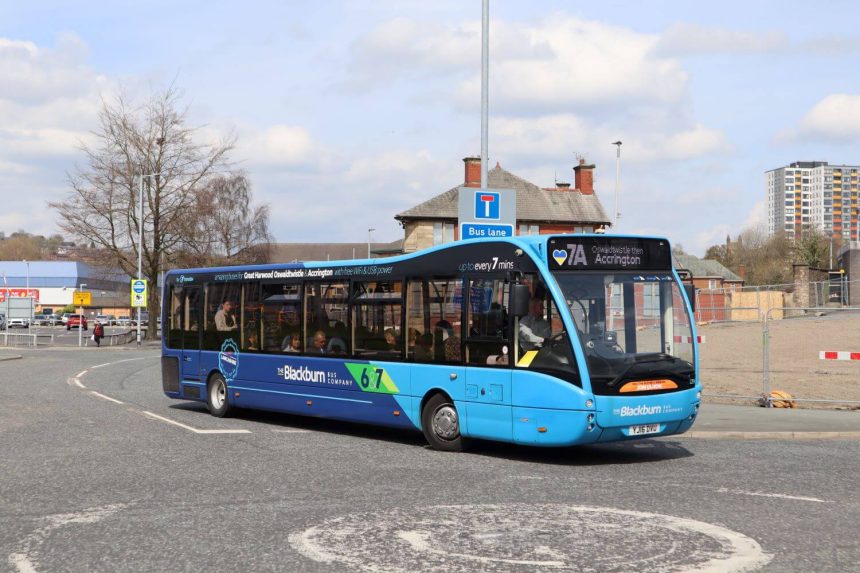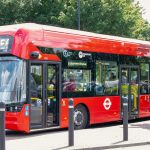The next government should introduce a £1 fare cap and bring in a five-year bus revival programme in England within its first 100 days, according to a new report from think tank Green Alliance.
The paper A bus revolution Driving up prosperity across the regions says such a plan is needed to “fix” shrinking networks, reduce inequity, meet decarbonisation targets and boost the economy.
The authors say extending the current fare cap scheme in England – set at £2 and due to last until the end of the year – and cutting the maximum single fare to £1 would cost £2.1 billion over five years.
They add that this is against planned road spending by Highways England of £11.5 billion for the same period from 2025-2030.
Green Alliance says that, if such a fare cap were put in place by the next government following the general election on 4 July, it would lead to a reduction of 3.85 megatonnes of carbon dioxide emissions over five years, due to 15 billion fewer car miles being driven.
In April – when autumn was considered by far the most likely timing for a general election – the Confederation of Passenger Transport (CPT) called on the next government to extend the fare cap for a few months while a review of alternatives took place.
In addition to the fare cap, the Green Alliance report calls for a change in legislation for bus governance models across the country to give local transport authorities more control, a long-term settlement for bus funding, electrification of the bus fleet, improving bus priority measures and instigating a minimum level of service.
Introducing the £1 fare cap for at least five years should the first priority as part of this plan, funded by road pricing or by reprioritising spending away from new road developments.
Also for the first 100 days, the report recommends setting new legislation to streamline franchising for local authorities and an end on the ban on creating municipal bus operators.
It says that the government should, in its first year, commit to five-year funding of the bus sector and boost local services using Bus Service Improvement Plans as a guide.
On the decarbonisation agenda, the report advocates for, in year two, setting a 2030 phase-out date for the sale of new diesel buses, encouraging electrification by committing to 40% of buses used in urban areas being zero emission by 2030 and introducing a centralised grant to continue on from the scheduled end of the Zero Emission Bus Regional Areas scheme.
It also calls on the next government to work with local transport authorities (LTA) to ensure £1 billion of the five-year funding settlements is used on bus priority road measures and to ask LTAs to outline plans.
Also suggested is a replication of a model used in Switzerland to determine a statutory minimum level of bus services, based on population size and local amenities.
Rosie Allen, policy adviser at Green Alliance and an author of the report, says: “Improving bus services is the quickest route to better transport. The government’s own analysis shows spending on buses has four times the benefits of roadbuilding. Yet over two thousand bus routes have closed in the past two years.
“Eight in ten people in England say they like travelling by bus, and a big proportion of trips are essential, for school and work. The next government should listen to the public who are not asking for more polluting roads but want better buses instead.”



























